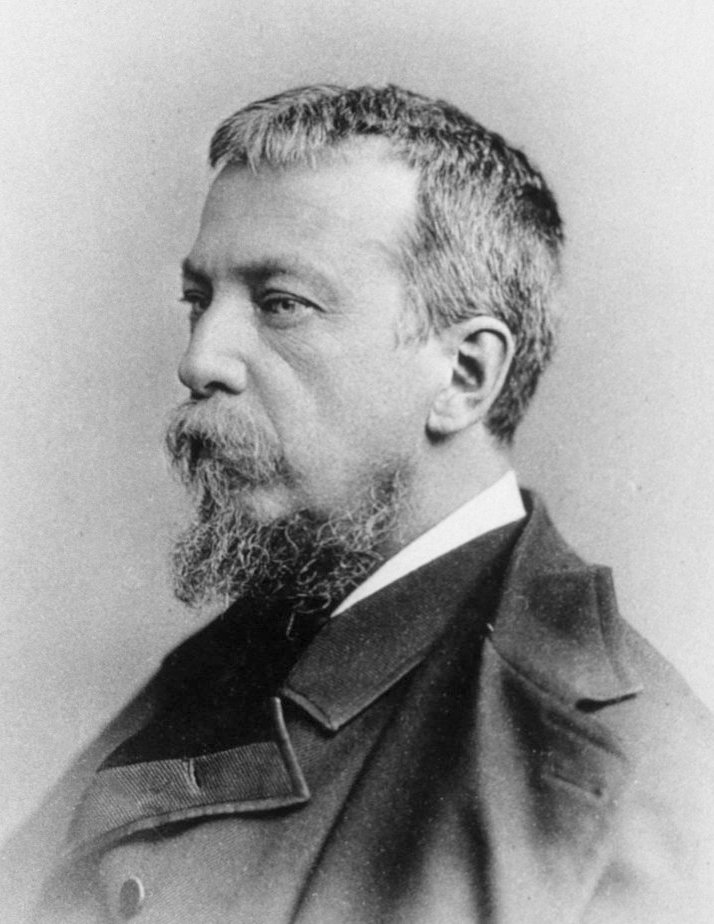„Mężczyzna, który nie zna chorych kobiet, nie zna kobiet.”
Źródło: Shelley Klein, Największe zbrodniarki w historii, wyd. Muza SA, Warszawa, 2006, ISBN 83-7319-854-7, tłum. Barbara Gutowska-Nowak, s. 7.
Silas Weir Mitchell – amerykański lekarz, neurolog i pisarz.
Przewodniczył Association of American Physicians w 1887 roku i był pierwszym przewodniczącym American Neurological Association. Bolesny rumień kończyn opisany przez niego w 1864 roku określany bywa jako choroba Mitchella.
Wikipedia

„Mężczyzna, który nie zna chorych kobiet, nie zna kobiet.”
Źródło: Shelley Klein, Największe zbrodniarki w historii, wyd. Muza SA, Warszawa, 2006, ISBN 83-7319-854-7, tłum. Barbara Gutowska-Nowak, s. 7.
“The ventures of dreamland
Are thine for a day.”
Dreamland, reported in Bartlett's Familiar Quotations, 10th ed. (1919).
Kontekst: Up anchor! Up anchor!
Set sail and away!
The ventures of dreamland
Are thine for a day.
“Where did this filthy thing come from?”
While throwing a book on psychoanalysis into a fire; reported in Ernest Penney Earnest, S. Weir Mitchell, Novelist and Physician (1950), p. 180.
Attributed
Transaction of the College of Physicians of Philadelphia, 1887, 9: 337, reported in Bartlett's Familiar Quotations, 10th ed. (1919).
“Death’s but one more to-morrow.”
Of one who seemed to have failed, reported in Bartlett's Familiar Quotations, 10th ed. (1919).
Quoted by Harvey W. Cushing in The Life of Sir William Osler http://books.google.com/books?id=Vo01Mhanh64C&q="The+first+thing+to+be+done+by+a+biographer+in+estimating+character+is+to+examine+the+stubs+of+his+victim's+cheque+books"&pg=PA583#v=onepage, Vol. 1, Ch. 21 (1925).
On a Boy's first Reading of "King Henry V", reported in Bartlett's Familiar Quotations, 10th ed. (1919); comparable to "I am the master of my fate", William Ernest Henley, Invictus (1875).